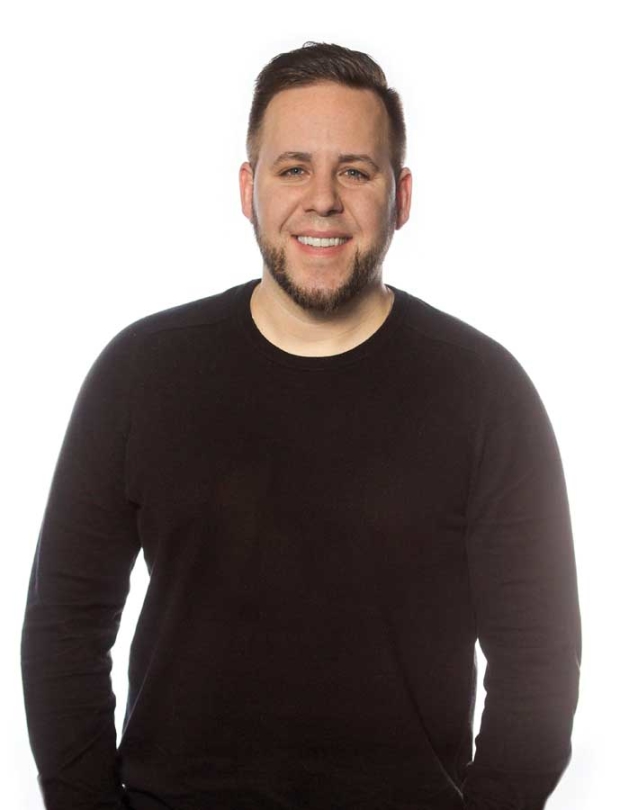Joe returned to the 1,500-acre family farm after working in finance and manages domestic and export sales and marketing for the company. He is the grandson of Everette and Ada Brandt and the son of Allen and Carol Brandt.
grower / Wapato, Washington
age / 33
crops / Apples, peaches, nectarines, apricots, cherries, pears
business / E.W. Brandt & Sons
 How did you get your start?
How did you get your start?
When you grow up in this industry, you aren’t really paying attention to what’s going on. When I left for college, I didn’t want anything to do with coming back. My first couple years back was pretty rough.
Thankfully, my dad put me in the right position getting out in the community to see different warehouses and asking questions about how they worked.
At the same time, I learned what kind of fruit customers wanted. I had to learn to keep my ears open, my mouth shut and pay attention to what’s going on because something that doesn’t make sense now will at some point start to come together.
When I eventually worked into sales, I had a solid foundation.
What is the focus of your job?
Part of being successful is knowing your customer base, being able to gather data from your buyers and cross reference that against data from the fruit shippers, then putting the two together to find common ground.
No one’s going to tell you the whole truth all the time, but in sales, you’ve got to be good at reading between the lines. Another thing is staying up to date with countries that grow apples.
Knowing what type of volume they have, where they’re shipping, do they have a logistical freight advantage, figuring out the numbers and then getting with your customers to figure out what dollar figure you’ve got to be at to move your fruit.
You need to have the skills to gather data from different areas to create that strategy.
How do you see data being used in the coming years?
Going forward, data is going to play a lot bigger role than it has in the past, because the generation that’s coming into the industry is in tune with technology and tools that are at our disposal regarding numbers.
The guys that I know who’ve been in the industry for a long time aren’t as willing to be open to the numbers as the younger generation.
Going forward, I think we’ll lean on data more than ever. Having the ability to work with the technology that’s out there today is important.
Why did you want to work in the industry?
This industry is unlike any other. I can be talking with someone from Chicago, then I’m talking with someone from New York, then India or China — the list just goes on and on.
So when I’m traveling for my job I get to meet a lot of really good people and see the different cultures — all while working in perishables, which is very stressful. But in the end it’s really gratifying. It’s something that gets me going. I love it.






Leave A Comment